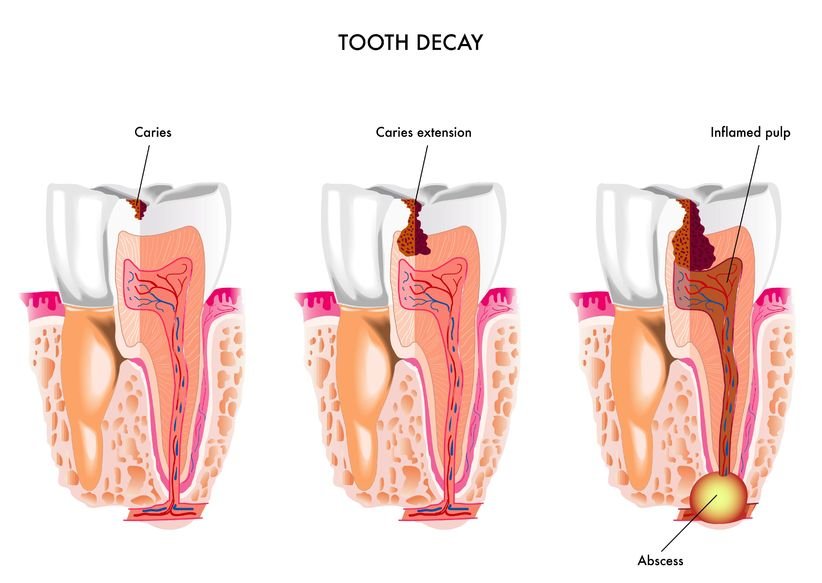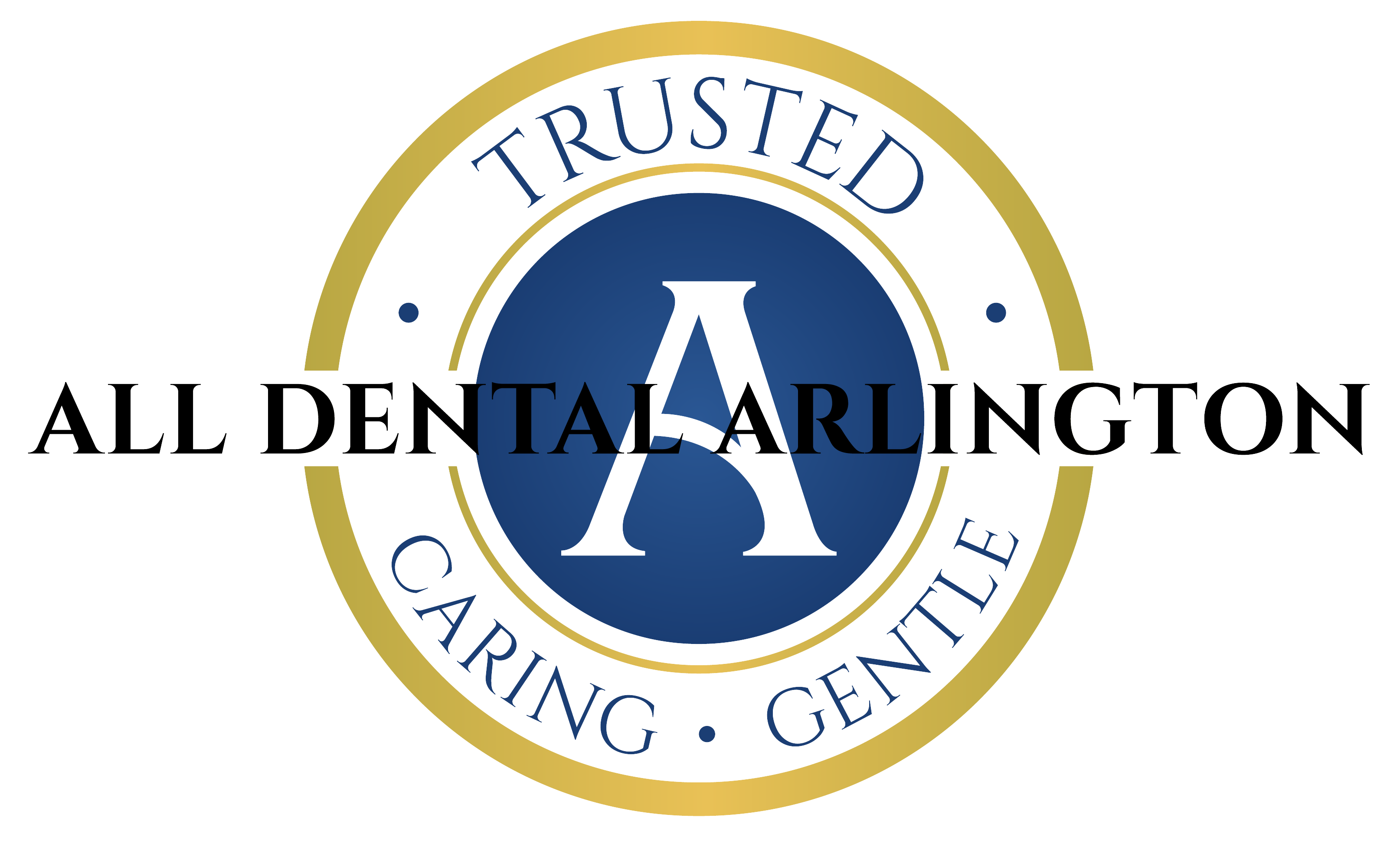Tooth Extraction Arlington. Painless, Gentle & Friendly Dentist. No More Pain, FREE Consult & Flexible Payments, with OR without Insurance (817) 462-0007
Why have your teeth extracted?
Teeth are a blessing from God. They are to be taken care of, and preserved for as long as they can be. Indeed, modern dentistry techniques have become so much advanced these days that teeth rarely need to be extracted. However, still there are few occasions when one or more of your teeth are best removed. Here are some of the reasons which indicate an extraction of a tooth.
- Dental Infections – Chronic tooth or gum infection around the tooth which could not be treated by any means will necessitate an extraction.
- Orthodontic Reasons – Some people grow crooked teeth, most often due to overcrowding in an undersized jaw bone. Such teeth cause problems with the bite, and of course look bad. In such cases, it becomes necessary to remove a tooth so that the others can be corrected.
- Impacted Tooth – Sometimes a tooth fails to erupt properly. Such a tooth is called an impacted tooth. Wisdom teeth are more likely to become impacted. Impacted teeth can cause multiple problems and need to be extracted.
- Supernumerary teeth– A complete set of baby teeth has 28 teeth and a complete set of permanent teeth always has 32 teeth. In some cases, a person may develop an extra tooth. Such a tooth is called a supernumerary tooth. Supernumerary teeth tend to cause overcrowding, and adversely affect aesthetics, chewing and speech efficiency.
- Milk teeth- Some milk teeth will not fallout in due time and affect the eruption of permanent teeth. Such teeth should be removed.
- For full dentures and implant bridges- If most of the teeth in a jaw have been lost or damaged beyond restoration the dentist may decide in favor of a full denture or an implant bridge. In such a case, any remaining good teeth will have to be removed.

Arlington Tooth Extraction Procedure
Arlington dental extractions may be classed as simple or surgical. Each is explained below.
- Simple Extraction- A simple extraction will suffice in majority of extraction cases. Simple extractions are possible when the tooth has a reasonable structure above the gum to permit a good grasp with the instruments. Quite often, a simple extraction will require only local anesthesia. Your dentist will give you one or more shots directly in the gum around the affected tooth. Your dentist will test the effectiveness of anesthesia by tapping at the tooth crown. Once you are pain-free and comfortable, your dentist will repeatedly rock the tooth sideways gently, to loosen it in its socket. Then a firm outward pull should suffice to extract the tooth .
- Surgical Extraction- In case the tooth does not have sufficient structure above the gum to allow a good grip, a surgical extraction will be necessary. The dentist will incise the flesh above and around the tooth to make an instrument grip on the tooth possible. In some cases some surrounding bone structure may also have to be removed to extract an entangled tooth.
Post Extraction care in Arlington
- An extraction will almost always involve some bleeding or oozing which should stop automatically. Otherwise you may be asked to bite firmly on a piece cotton gauze. Alternatively, an ice cube may be applied to stop the bleeding.
- Do not touch the wound with your tongue or fingers even after the bleeding has stopped.
- If swelling occurs use warm water rinses.
- If there is pain, use over the counter painkillers, but avoid aspirin immediately after the extraction.
- The surgeon may prescribe antibiotics in some cases to avoid infection.
